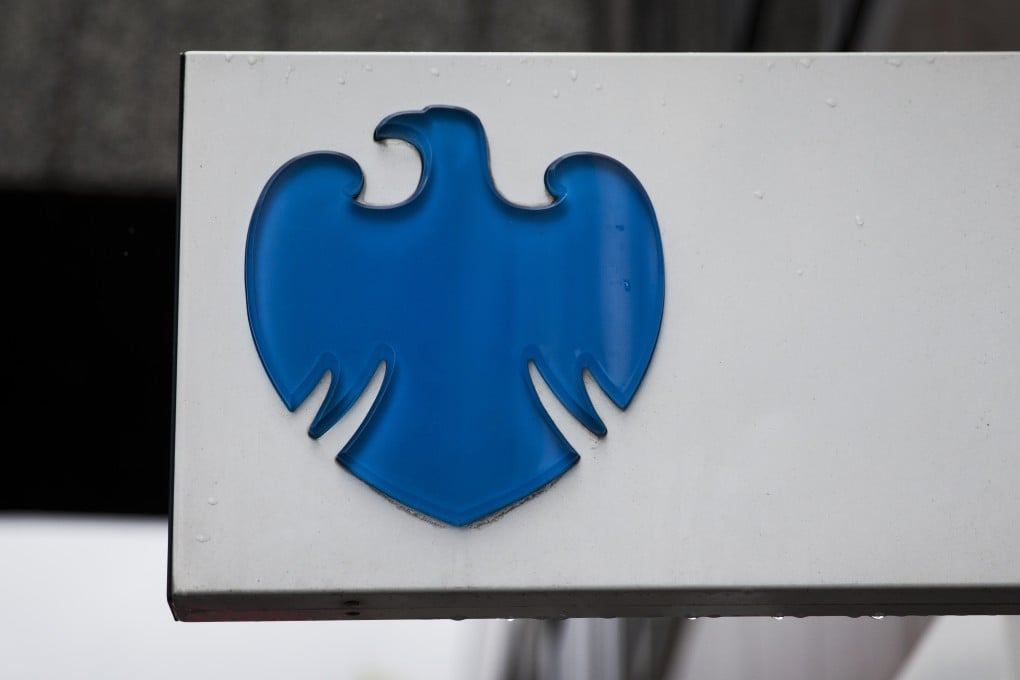Portfolio | Monetary easing to hit Chinese banks' earnings, but not share prices
US bank shares have lost 58 per cent since quantitative easing started in September 2007, while Japanese bank shares have shed 61 per cent since October 2008. However, China banking shares may be an exception as PBoC kicked off its easing cycle, said Barclays.

The monetary easing cycle in China since November is hurting Chinese banks’ earnings, but not necessarily impacting their share prices.
Investors who have been offloading banking shares amid bad-debt concerns and shrinking margins should perhaps reconsider, as they could be missing out on a rally triggered by the deregulation launched by Chinese regulators, a report by Barclays pointed out.
A textbook practice for investment managers in the world’s major equity markets was to avoid banking shares when there is an easing cycle, as history is replete with the bloody lessons of banks who have generally performed worse or at best in-line relative to the country’s benchmark index.
This time around, Chinese banks maybe an exception.
Not only can the one trillion yuan debt-swap programme to replace local government’s existing debt help alleviate the default stress plaguing many banks, but further reforms by the bank themselves such as allowing employees to own more shares and spin off some underlying assets could come as a positive surprise to the market.
“Further deregulation and reform, especially those specific to the banking sector, could continue to support share price performance,” Barclays said, adding that the process may be a gradual process and will be positive over the medium to long term.